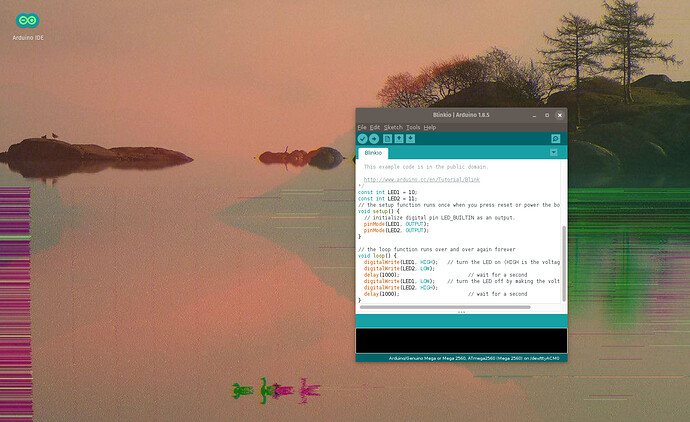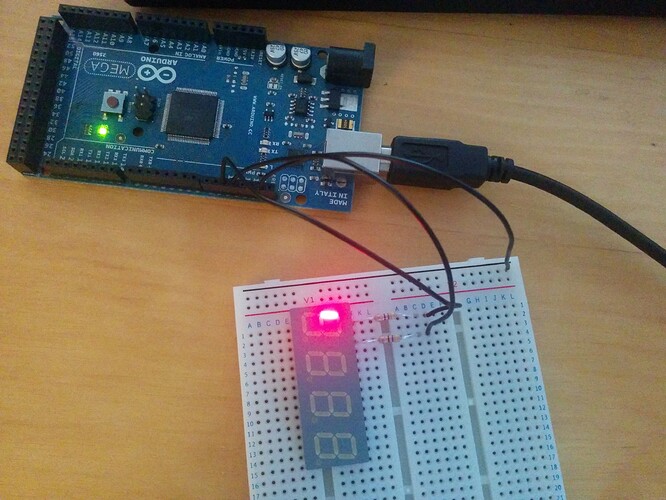I am planning to control my Philips Hue using Arduino and XBee. As far as I could read it’s more difficult to get Python scripts running directly on the Arduino.
So this is a good excuse for me to dive more into C.
I am 2 days in Arduino C - Found a book on safaribooksonline - Beginning C for Arduino: Learn C Programming for the Arduino, Second edition by Jack Purdum.
It is good because it targets beginners.
I am pretty sure I am not losing my time learning this stuff, it is actually fun.
It is something that helps me practice what I learn in LCTHW.
I know by now that I have a weakness for understanding how things work low level.
Here’s a small quote:
The C you are about to learn is not standard C. Instead, you will be learning an almost complete subset of standard C. The flavor of C used by the Arduino IDE is missing several elements of standard C (e.g., the double data type), but the absence of those features is not a crippling blow by any means. You will soon discover that the subset version of standard C, which we will call Arduino C, is more than able to perform just about any task you can throw at it. The missing features can usually be worked around, albeit sometimes in a less elegant manner.Another difference between Arduino C and standard C is that the underlying compiler for Arduino C is actually the Open Source C++ compiler. As such, you will discover that most of the libraries used with the Arduino IDE are written using C++. This means that, even though you are writing your programs in Arduino C, much of the glue holding things together “under the hood” is written in C++. Indeed, you are free to mix C with C++ in the Arduino IDE. Still, we concentrate on Arduino C in this book, even though we have added a chapter near the end of the book to give you a light introduction to C++. So, from this point forward, when I write about the C language, I am actually referring to C as it is implemented in the Arduino IDE.

